How Russians created a new 'language' - ‘Runglish’
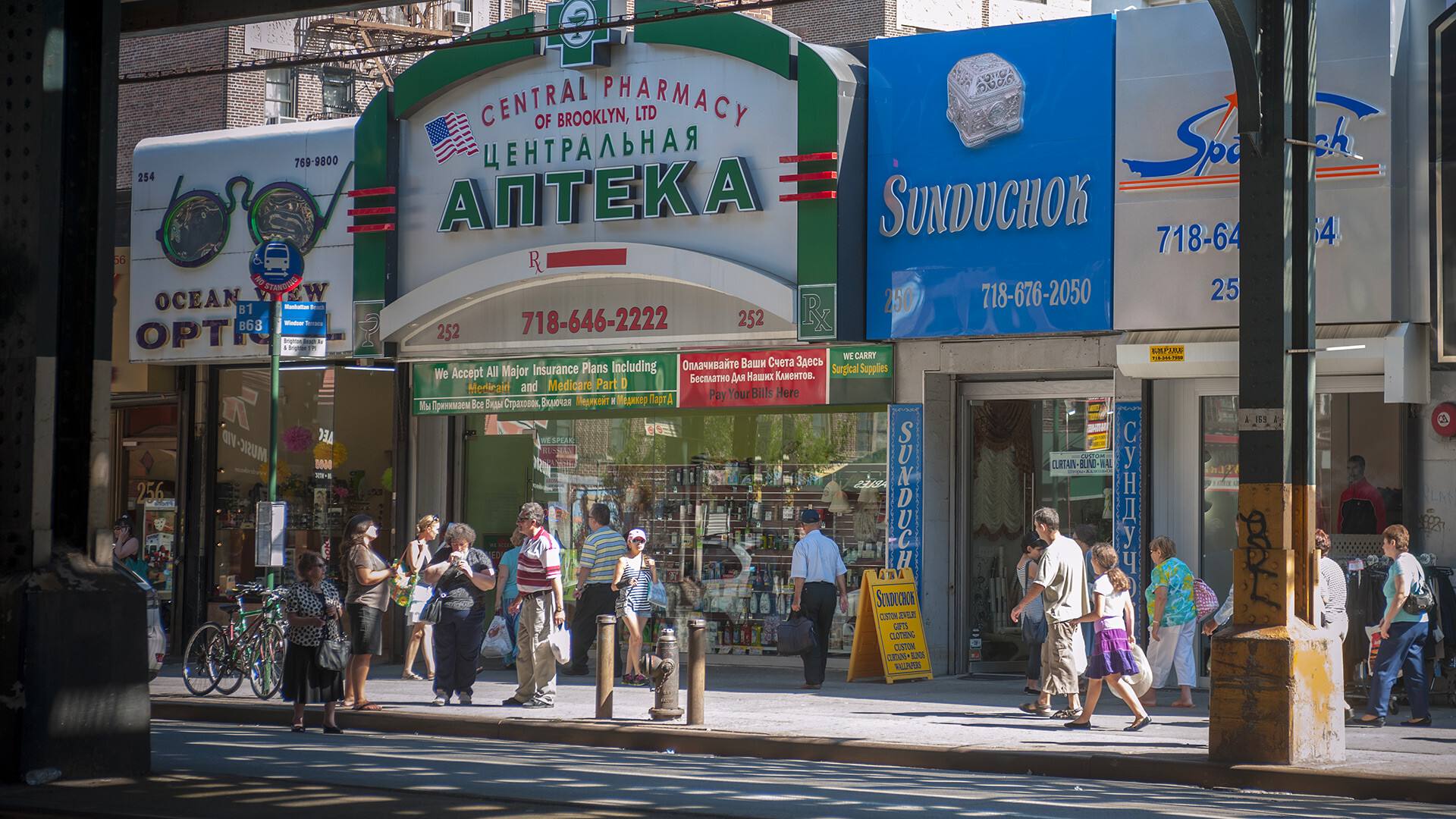
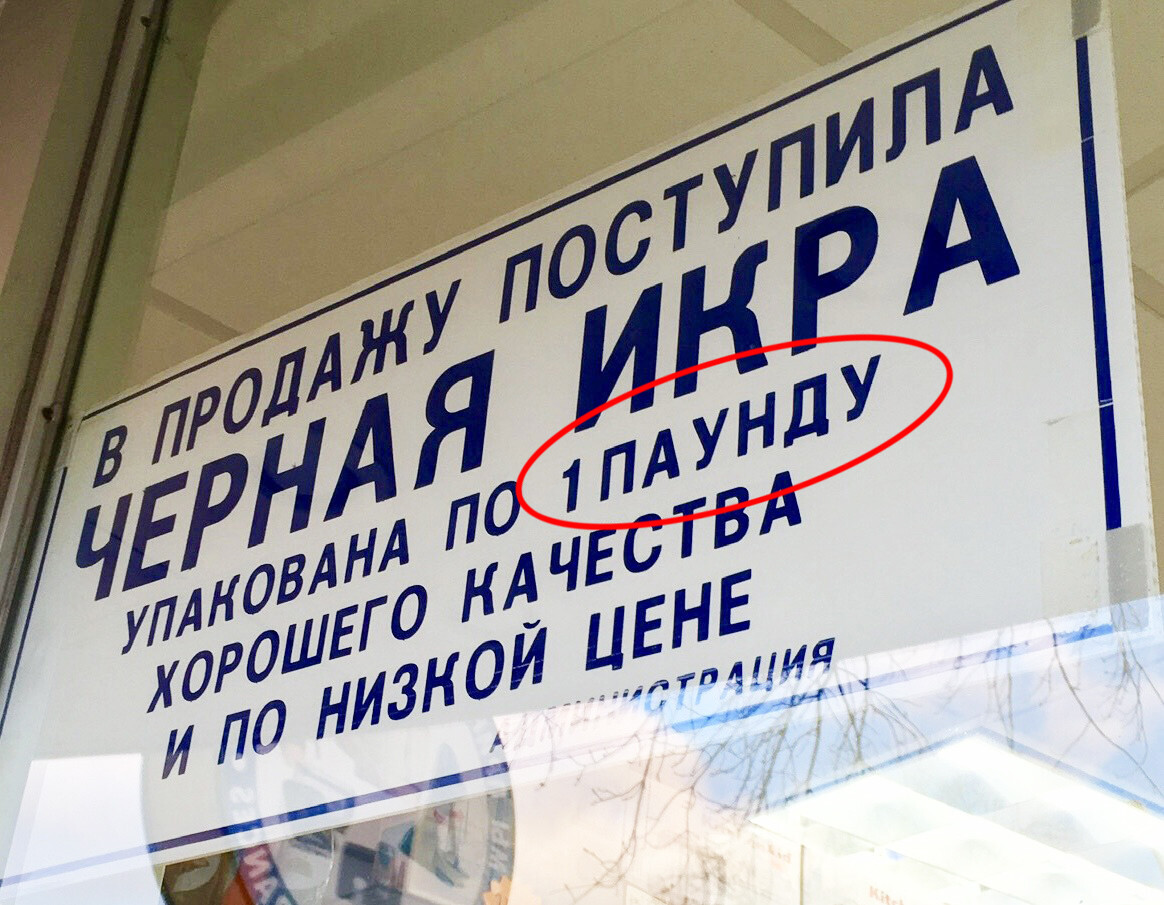
The language of Russian immigrants in English-speaking countries is a wild blend of Russian and English, nicknamed ‘Runglish’. It is most common in New York City's Brighton Beach neighborhood, a famous area where many natives of the former Soviet Union now live.

For example, in order to say, “I’m driving a car,” a Russian in Brooklyn might use the ‘Runglish’ verb: ‘draivat’ (‘драйвать’ or ‘драйваю’); instead of the correct: “Ya za rulyem” (“я за рулем”). Instead of "Ya zanyat' ("I'm busy") - "Ya busy." Instead of "sest na poezd" ("to take a train") - "sest na train".
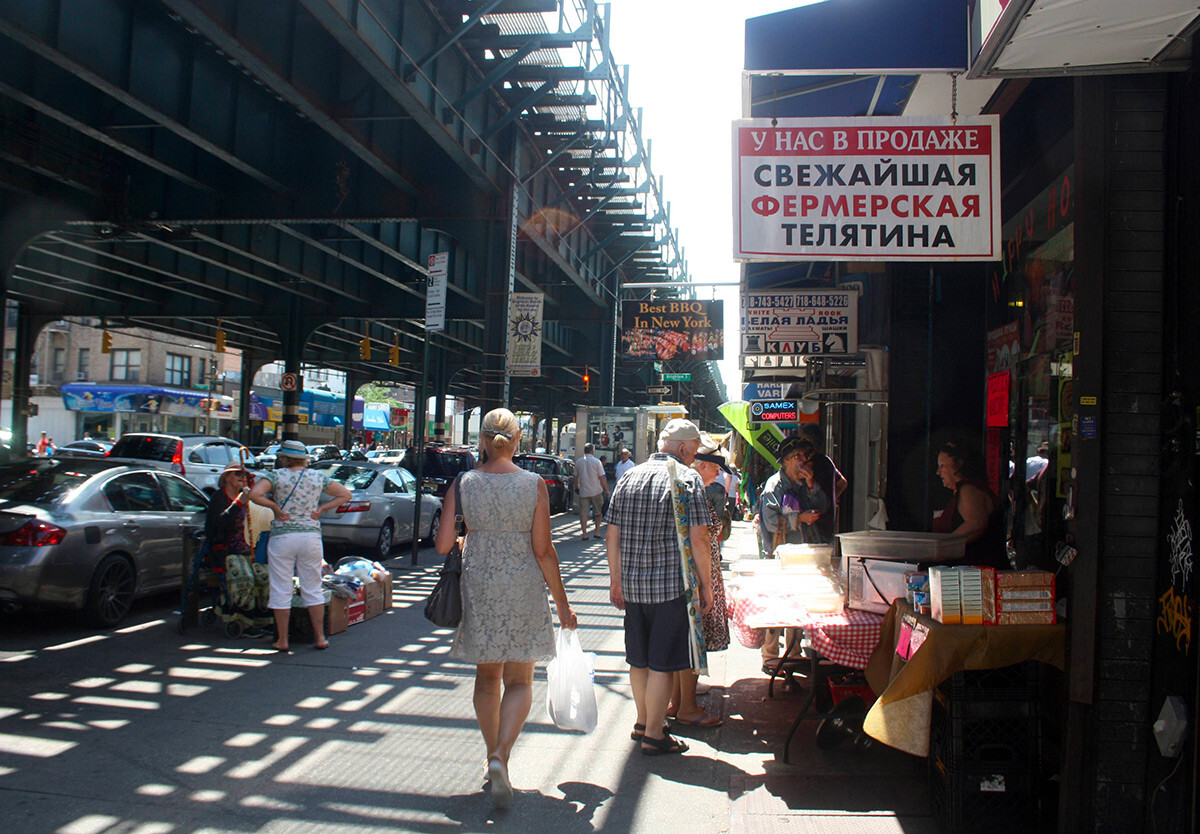
The term ‘Runglish’ was first used in public by cosmonaut Sergei Krikalev, talking about working with his American colleagues on the International Space Station in 2000. Everyone on the ISS is obliged to know Russian and English fluently, so ‘Runglish’ appeared there naturally.
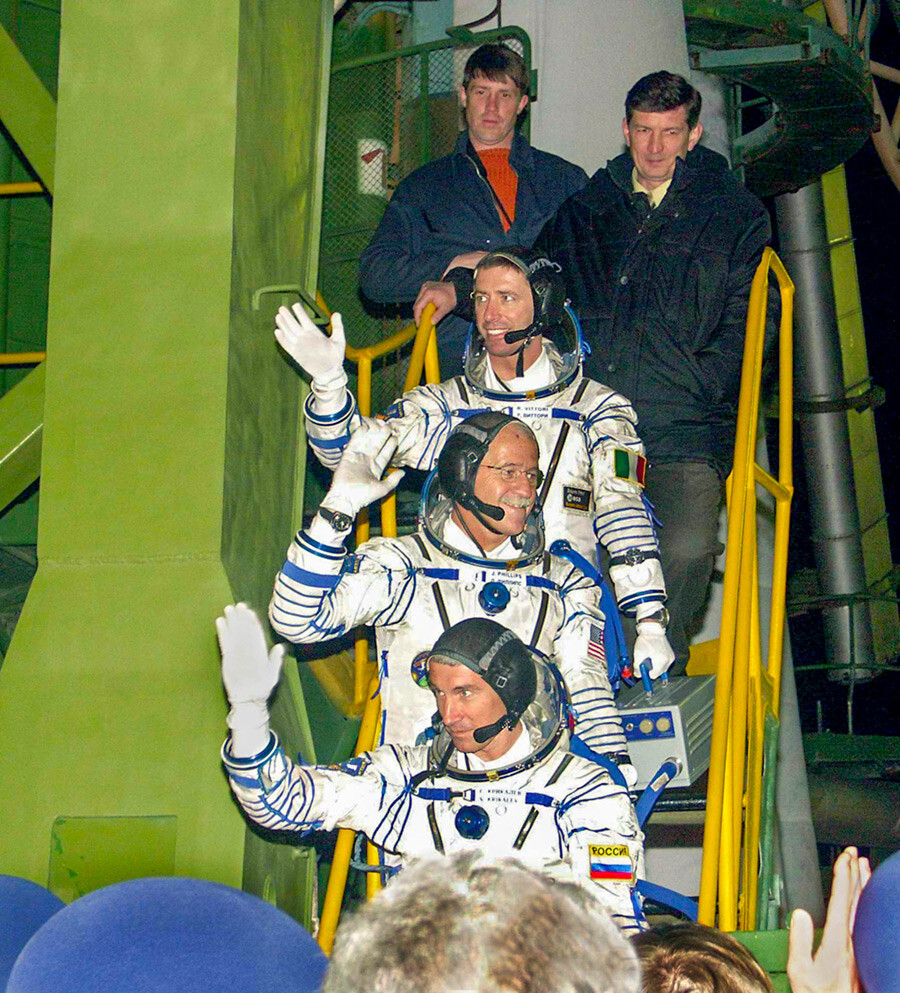 Members of the 11th SS crew: Russian cosmonaut Sergei Krikalev, US astronaut John Phillips and Italian ESA astronaut Roberto Vittori (from below) prior to the launch of the Soyuz-FG rocket booster with Soyuz-TMA-6 spaceship.
Members of the 11th SS crew: Russian cosmonaut Sergei Krikalev, US astronaut John Phillips and Italian ESA astronaut Roberto Vittori (from below) prior to the launch of the Soyuz-FG rocket booster with Soyuz-TMA-6 spaceship.
At the same time, not only emigrants use ‘Runglish’, but also Russians who like to insert foreign words into their speech, i.e. use ‘anglicisms’. Even in the Soviet years, they used to say ‘flat’ (instead of ‘kvartira’ in Russian) or ‘girlA’ (‘girl’, ‘devushka’).
Today, young people on social networks willingly use such phrases as "ispytat cringe" ("experience cringe"), "eto moy crash" ("this is my crush"), "segodnya ya na chillye" ("I'm chilling today"), "gde prufy?" ("where are the proofs?"). Oh, and no one is surprised by the word ‘zapostit’ (“to post”). Reel theme!
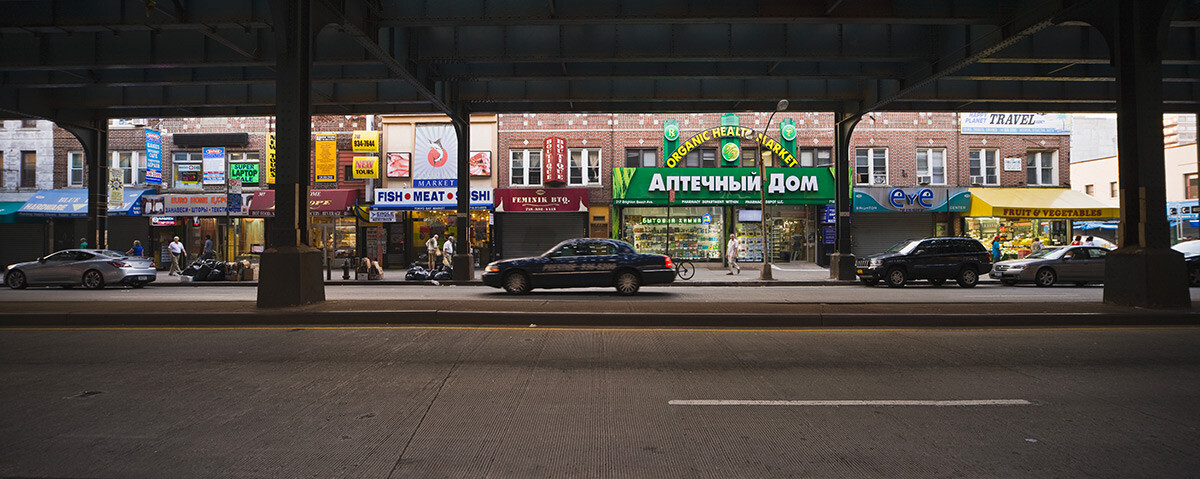 Brighton Beach.
Brighton Beach.

